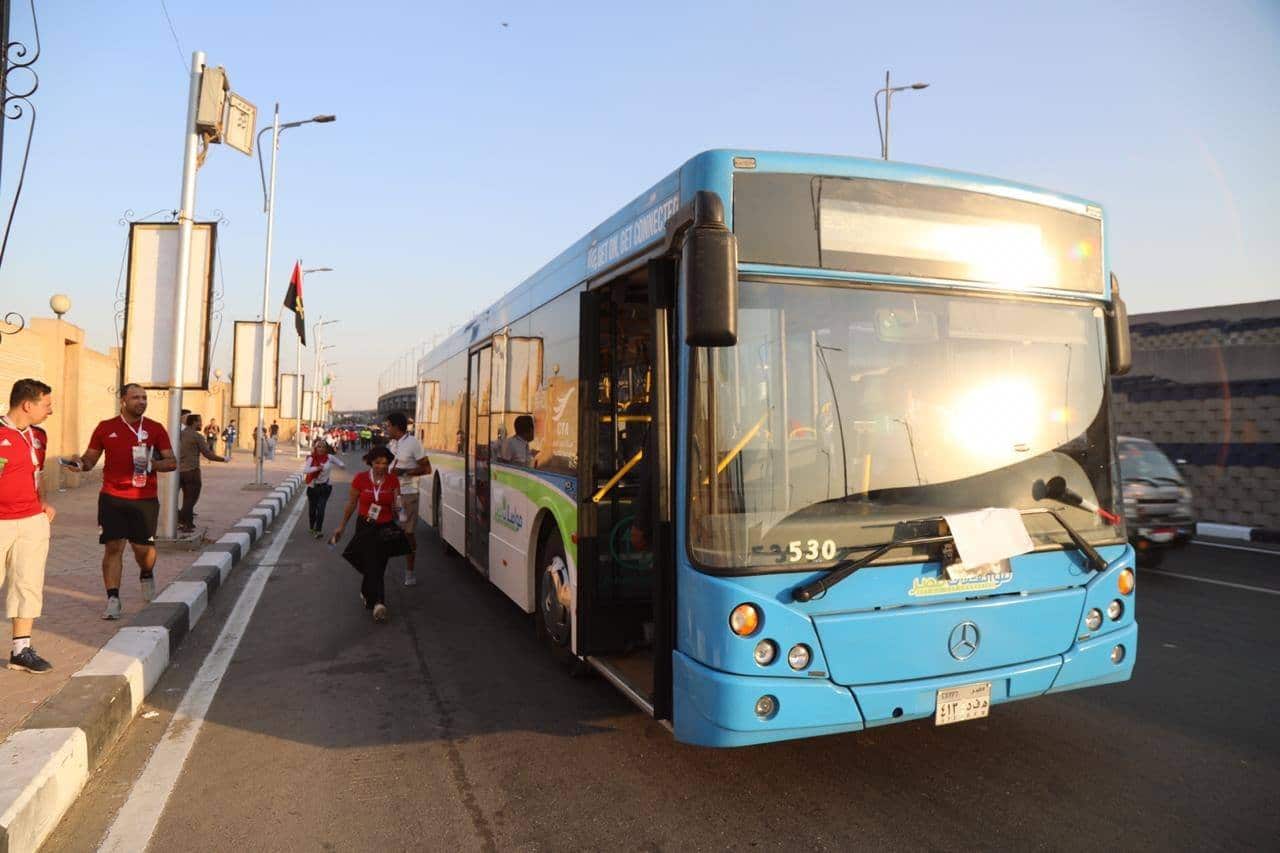With fuel prices witnessing another hike this summer, more ride-sharing and carpooling apps are entering the Egyptian market. But somebody has to bear the difference in fuel price – either the companies themselves, the drivers or the customers. Some players in the sector have already been around for years – they have been hit more than once by subsidy cuts on fuel and gas. So, how do they deal with fuel price hikes, infrastructure challenges and competition in the market?
As part of the rising supply of transportation solutions, Mwasalat Misr entered the market in 2011 with LE1 billion worth of investments, aided through loans from different financial institutions. Seeking to redefine the use of public transport in Egypt, the joint-stock company hinges on offering bus rides through its own fleet at cheaper prices than its competitors.
Aiming to be listed on Egyptian Exchange (EGX) in 2020, Mwasalat Misr owns a bus fleet of 592 buses of varying sizes, operating in Greater Cairo through 52 routes. The rides are activated under contracts with the Public Transport Authority (PTA) and the New Urban Communities Authorities (NUCA) – a subsidiary of the Ministry of Housing.
Spokesman Abbas Morad speaks with Business Forward about the fear of fuel price hikes, the lack of infrastructure, the company’s competitive edge and future expansion plans.
Which challenges affect your company most?
We always fear the increase of fuel prices. When fuel prices increase, the cost of spare parts inevitably goes up, too. Spare parts that mainly rely on foreign currency are not affected by the price hikes. However, sellers tend to increase their prices once the fuel price changes.
Additionally, the lack of infrastructure is partially halting our growth. Currently, we use PTA-affiliated garages that are usually not in proximity of our routes and for which rent keeps rising. The government needs to provide garages and repair workshops for the buses, as well as incentives and facilitations.
The transportation sector is Egypt’s second largest industry that acquires the highest consumer spending rate, following the food sector. The government needs to play the role of the regulator that introduces a free market culture and fair competition. It also needs to lower custom taxes on imported buses which now range between 60% and 65%, compared to the 5% paid on buses imported for tourism purposes. This obliges us to locally manufacture or assemble buses, burdening us with additional costs.
Mwasalat Misr trip prices are usually lower than those of rivals in the market – how did the company maintain this competitive edge after the fuel price hikes?
The minibus ticket costs increased from LE8 to LE10, while bus tickets rose from LE10 to about LE11 or LE13 per trip. People who do not use the smart card “Mawasalaty” – an electronic wallet used by passengers – to purchase their tickets, now pay up to LE15 per trip.
Our prices are not anywhere near that of our competitors, which is part of our edge in the market. We also use fixed routes and meeting points that are visible on Google Maps and operate during fixed working hours, regardless of user requests and charging rates.
What does the future hold for Mwasalat Misr?
Our smart card “Mwasalaty” will include ticketing services for other means of transportation, including the metro. Any payment transaction done on the smart card will be reflected in the company’s monitoring system.
Within the last quarter of 2019, Mercedes is set to provide buses that operate on clean fuel with low pollution emission. We also plan to provide electric buses; however, they are very expensive to purchase given that we rely on self-financing.
I believe we have been performing well over the past two years despite economic pressures.









